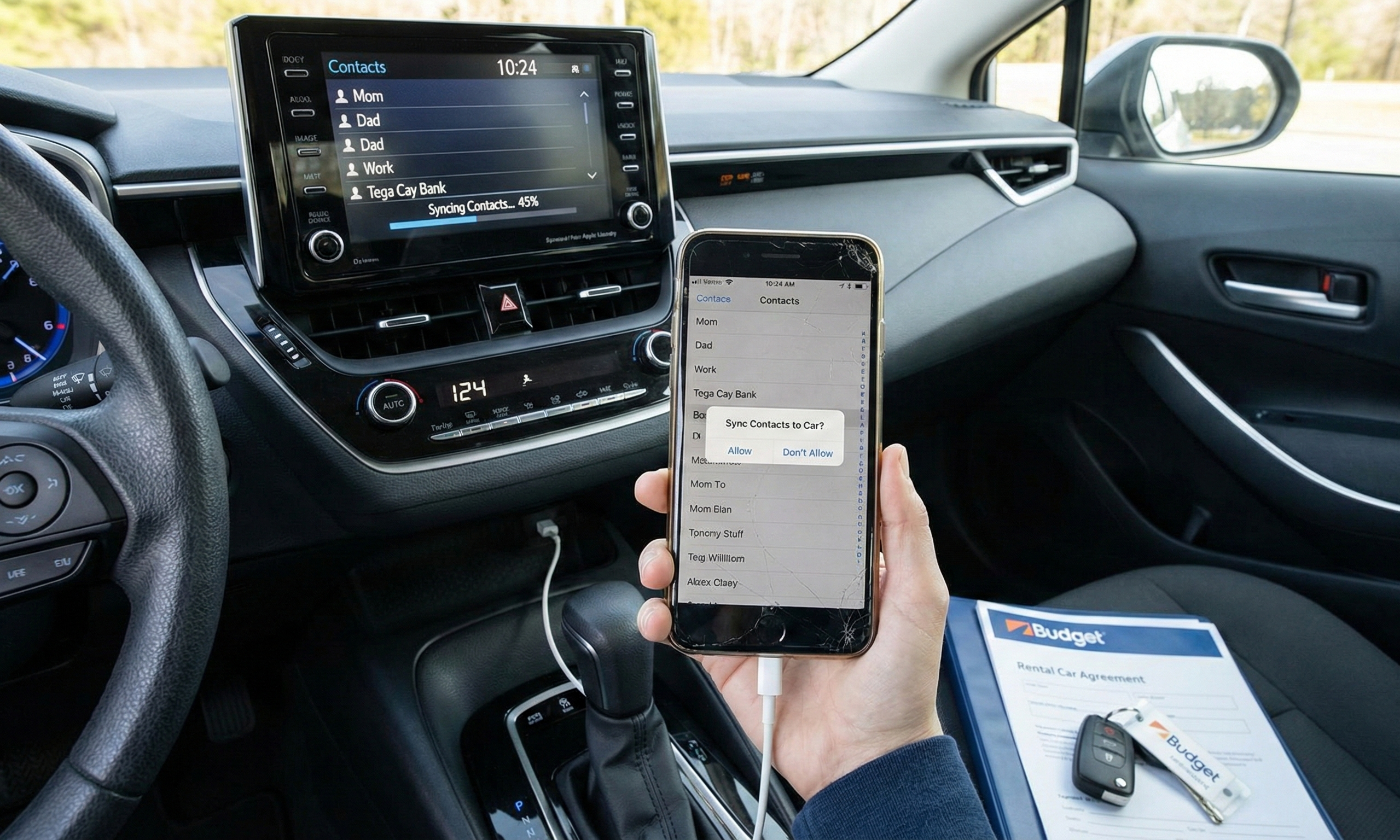Having a healthy relationship with money can be challenging. We live in a society where we’re constantly being asked to spend with little regard for saving or truly understanding the ramifications of our choices. Our friends, family and loved ones may also be detrimental in reaching our money goals.
Here are 3 roadblocks that may be getting in the way of your financial success.
You’re a sheep, not a wolf
Following the herd is natural. It’s comfortable and offers little to no resistance as we meander through life. In the case of money, it can be very damaging.
Let’s say you’re faced with a decision. Your friends are planning a trip to Las Vegas and they’ve invited you to go. Everyone is providing input on where to stay and what to do when you get there. You’re comfortable spending $2000 for hotel, airfare and pocket cash when you get there. The itinerary is agreed to by everyone but you and will cost $3000. You now have a dilemma. Do you agree to pay the larger amount, offer resistance or back out completely? In other words, will you be a sheep and go with the herd or be a wolf and stay true to your original budget?
No matter how difficult or uncomfortable it may be, sticking to your original budget will provide you with the greatest chance of financial success in the future. If your friends either don’t understand that or aren’t willing to compromise, it may be time to reconsider the company you keep.
You have a budget, you don’t manage a budget
According to debt.com, over 90% of Americans use some form of budgeting to manage their money. On its face, this would appear to be positive. Digging further, an additional survey from Clever Real Estate indicated that 74% of Americans report overspending with 55% saying they spent “recklessly.”
Having a budget and managing your budget are two completely different things. For example, if you bring home $3,000 a month but routinely spend $3,200, you’re $200 in the hole each month. Rather than saving for the future, you’re putting yourself in debt to the tune of $2400 per year.
Scaling back on purchasing and finding savings where possible to stay below your monthly income is the difference between having and managing a budget.
You’re surrounded by jackals
We’ve all heard stories of the lottery winner, athlete or actor who hits it big only to find themselves broke within a 5-10 year period. Overspending, tax ramifications and handouts to friends, family and acquaintances are some of the main reasons. In the case of handouts, this isn’t a phenomenon isolated only to the wealthy, it impacts everyday people as well.
You’ve probably been faced with a situation where someone either doesn’t pay you back, sticks you with the bill for dinner or pays less than what they owe on an outstanding bill. Making a decision to foot the bill for a friend or family member is one thing, having that decision hoisted upon you against your will is another thing entirely.
Being selfish with your money doesn’t make you a bad person. I’m not advocating for never sharing your wealth if you have the ability to do so. I’m simply stating that if you don’t have the extra income to help others while risking financial ruin, you’ll be of no help to them or you in the future. It’s perfectly reasonable to hold others accountable when it comes to your money.
Remember, financial success isn’t just about how much you earn—it’s about how well you manage what you have. By addressing these common roadblocks, you can take control of your finances and create a more secure future for yourself.
Sign up for our Sunday Spectator. Delivered to your inbox every Sunday, with all the news from the week.










